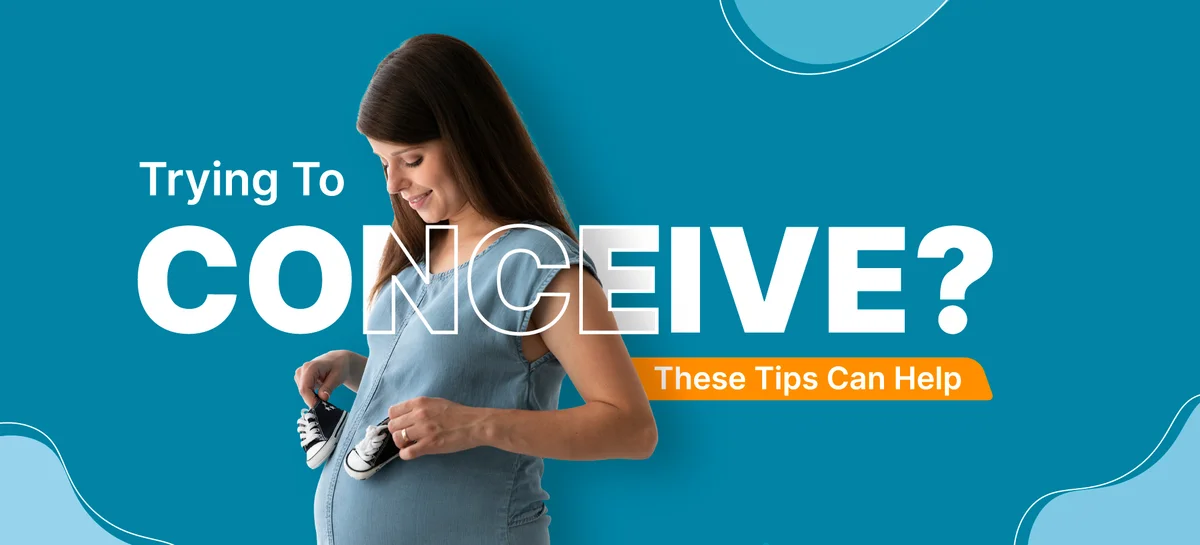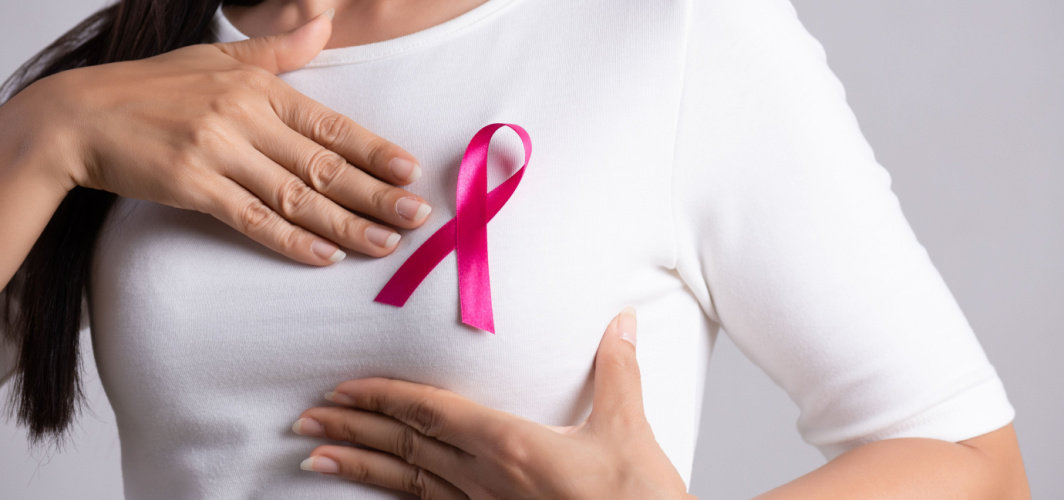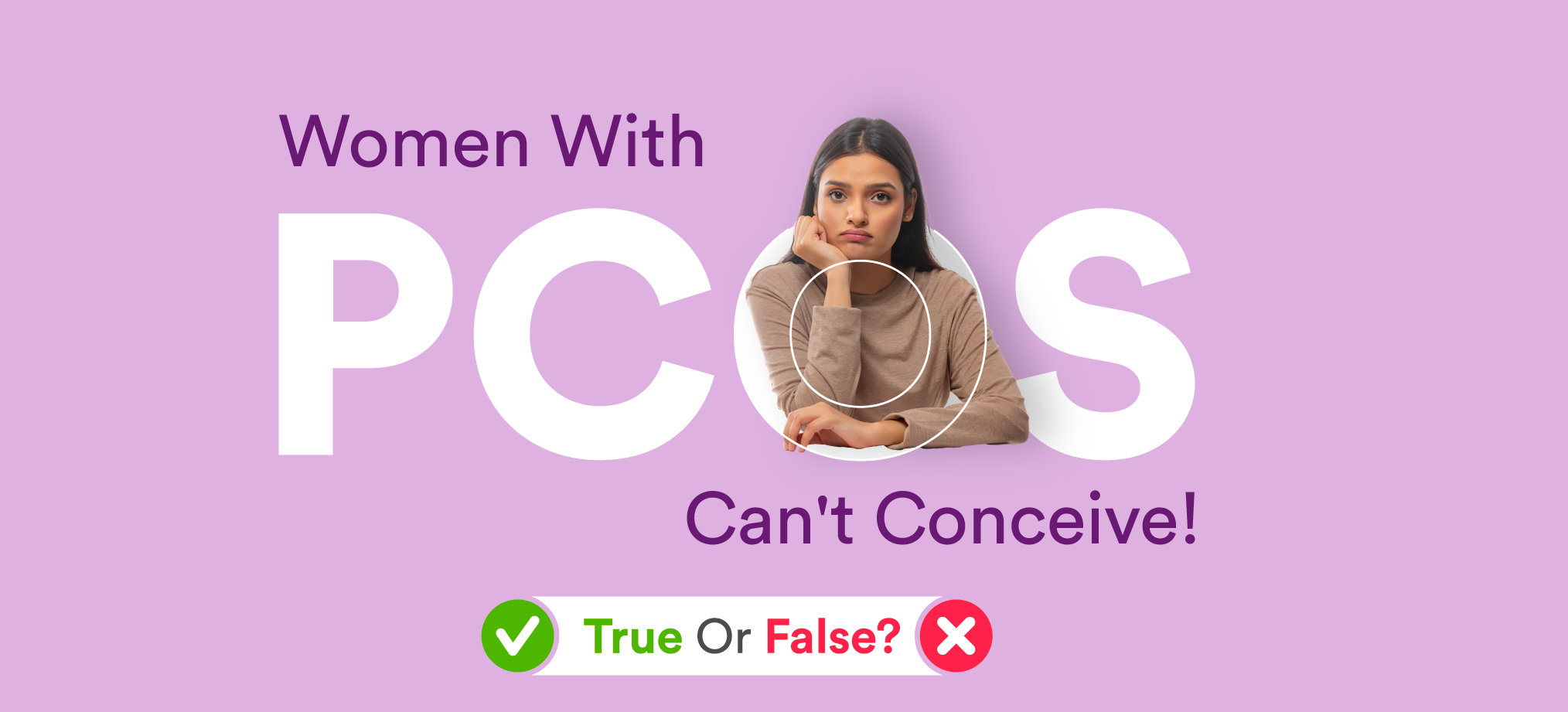- Home
- Blog
- Women Care
5 Tips to Conceive Easily
Women Care
5 Tips to Conceive Easily
By Apollo 24|7, Published on- 28 November 2022, Updated on -24 January 2023
Share this article
0
0 like

Got your parenting boots on but struggling with how to conceive? You may be swarming with queries if you are getting pregnant for the first time. The doubts become your worries when it is the advancing age that is knocking by too.
Apart from age other factors leading to infertility are no less a nightmare. But before you jump to any conclusion, it is always wise to make informed decisions. Explore tricks and tips to conceive naturally for it is worth the effort and the bundle of joy!
5 Best Tips to Conceive Easily
Here are 5 best tips that can help you conceive easily. In any cases, if you find difficulty to conceive, we suggest you consult our gynecologists and seek medical attention.
1. Get a Check-up
In order to ensure that your body is prepared for pregnancy, your doctor may recommend a preconception check-up. It's ideal to have your check-up with the doctor you plan to use during your pregnancy. A preconception exam can be done at any time, even up to a year before you plan to conceive.
Men should undergo a sperm test as part of their annual physical. It's a key factor in determining how many and how healthy your sperm will be. By catching any issues early, the man will be able to continue with the pregnancy with no complications.
2. Understand Your Ovulation Period
When an egg reaches maturity, it is released from the ovary in a process known as ‘ovulation’. When an egg is released, it travels down the fallopian tube and stays there for 12 to 24 hours, during which time it can be fertilised.
Ovulation is when you're at your most fertile, and it typically occurs 12–14 days before your period is due to begin. Pregnancy is most likely to occur around this time of the month. Hence, plan your sex accordingly.
3. Consider Folic Acid Supplements
Vitamin B9, or folic acid is essential for healthy bodily functions. The process of producing new, healthy cells is aided. Folic acid is essential for everyone's health and crucial for ladies trying to conceive.
The Centers for Disease Control and Prevention (CDC) advise that women of childbearing age who might become pregnant get at least 400 mcg of folic acid daily. However, dieting 400 mcg of folic acid per day is challenging.
4. Keep Stress at Bay
Numerous studies have found that high levels of stress are associated with decreased fertility. You can experience period irregularity if you're going through a very stressful period. Also some mental health issues, such as stress and depression, might interfere with fertility.
? Did You Know?
Depression and anxiety are the most common psychiatric diagnoses among infertile women, which account for up to 40% of these cases.
5. Consume a Healthy Diet
Reproduction is negatively impacted by high levels of free radicals in the body. Consuming a wide variety of fresh produce, nuts, seeds, and whole grains is an excellent way to increase your intake of antioxidants like beta carotene, vitamins C and E, folate, and lutein. Stop smoking and drink only on exceptional occasions.
Final Note
Though the journey to get pregnant might get difficult for many, the effort is worth your energy. With advances in birthing techniques like IVF, there is sure a lot to keep yourself upbeat. So put your best foot forward and give your earnest try to gift yourself the precious gem.
Medically Reviewed by Dr. Dhanunjay Reddy B
Services
Women Care
Leave Comment
Services
Recommended for you

Women Care
What Are The Early Symptoms Of Breast Cancer?
Breast cancer is a condition where cells in the breast grow uncontrollably, forming a tumour. Early symptoms include lumps, changes in breast size or shape, nipple changes, skin changes, and persistent breast or nipple pain. Seeking medical attention and regular screenings are crucial.

Women Care
Foods To Avoid During Your Period
Period pain is extremely common. While it is a normal phenomenon, it can be unbearable at times. Read to know about certain foods that are best avoided during the menstrual cycle.

Women Care
Can PCOS Affect Your Chances Of Getting Pregnant?
PCOS is one of the most common problems experienced by a large number of the female population in the world. It often impacts the chances of getting pregnant. Read on to understand the reason why it affects your chances of getting pregnant.
Subscribe
Sign up for our free Health Library Daily Newsletter
Get doctor-approved health tips, news, and more.

